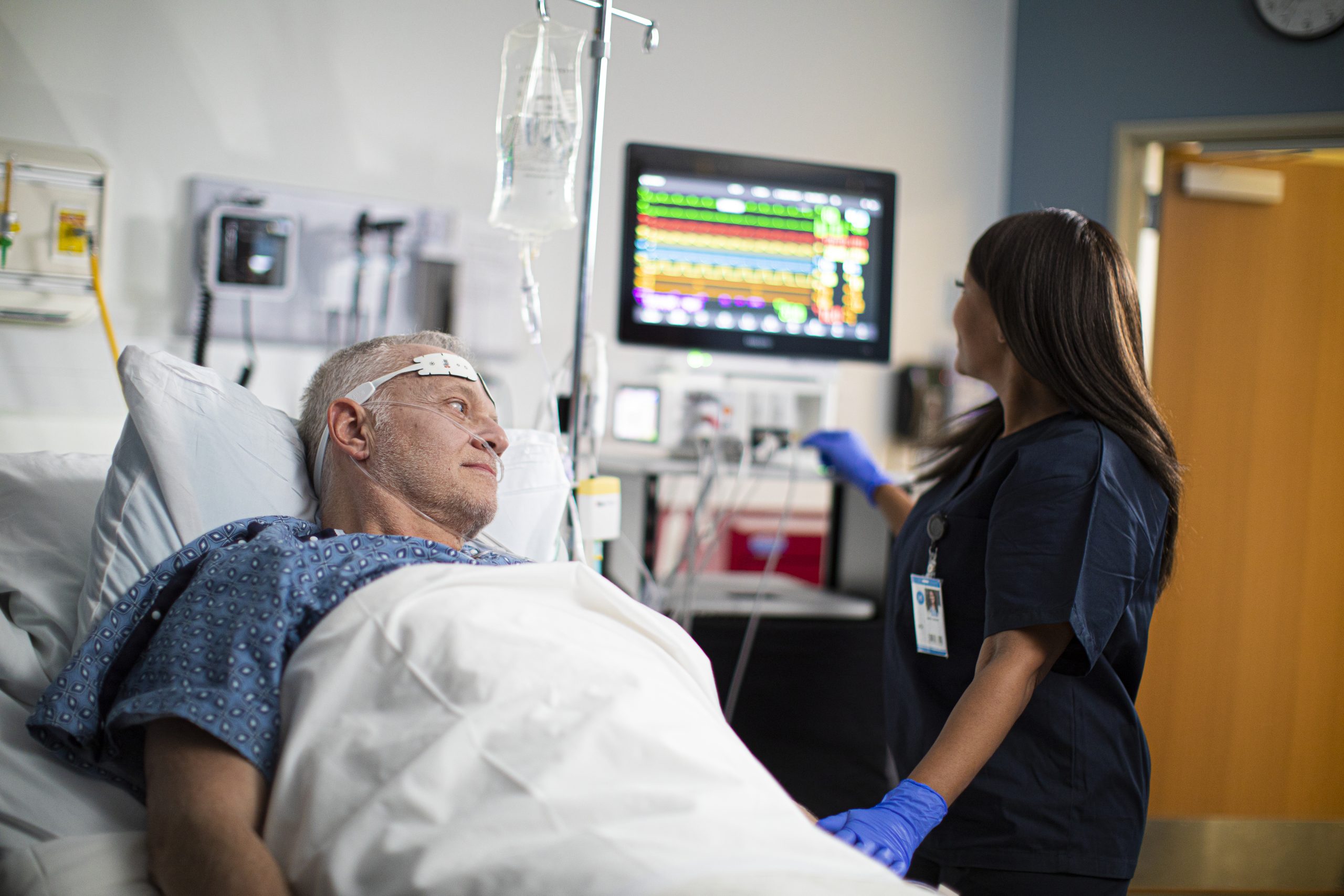Royal Philips (NYSE: PHG, AEX: PHIA) a global leader in health technology and Bon Secours Mercy Health (BSMH), one of the nation’s largest Catholic health systems, today announced a multi-year strategic collaboration for patient monitoring. Putting BSMH clinicians in control, the collaboration will reduce the digital burden on staff and give them more time to spend with patients.
The partnership provides access to the latest Philips monitoring innovations, including a scalable patient monitoring platform that integrates patient data and provides vital insights. It will standardize patient monitoring for BSMH’s 49 hospitals, reducing costs through a predictable payment model and enabling further reinvestment in innovation.
“This collaboration is part of our commitment to drive improved healthcare quality while reducing costs and addressing healthcare issues facing entire communities,” said Jodi Pahl, Chief Nursing Officer for workforce experience and nursing outcomes, Bon Secours Mercy Health. “This 10-year journey will bring innovations that will transform care delivery.”
BSMH provides patients care more than 11 million times annually through its network of more than 1,200 care sites, 60,000 associates and 49 hospitals serving communities in Florida, Kentucky, Maryland, New York, Ohio, South Carolina and Virginia, as well as Ireland.
“With implementation occurring over the next three years, followed by seven years of maintenance and updates, we’re positioned to be at the leading edge of technology,” said Pahl. “This uplifts our Mission to improve the health and well-being of our communities and supports our commitments to innovation and stewardship.”
Julia Strandberg, Chief Business Leader, Connected Care at Philips said: “This partnership is a testament to BSMH’s focus on strong clinical engagement and our combined commitment to improving the patient and staff experience. As BSMH’s clinical technology partner, we’re leaning in to understand their needs and apply innovative technologies that can improve patient outcomes. BSMH is committed to bringing quality care to more people by eliminating time-consuming data roadblocks for their staff.”
